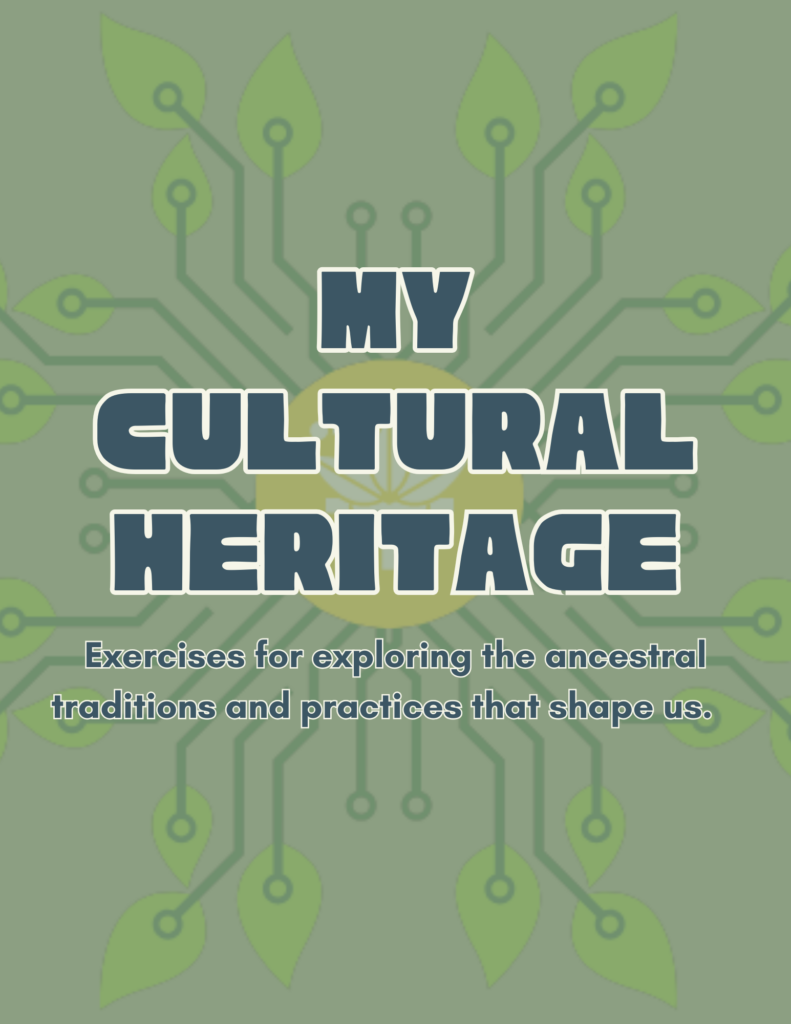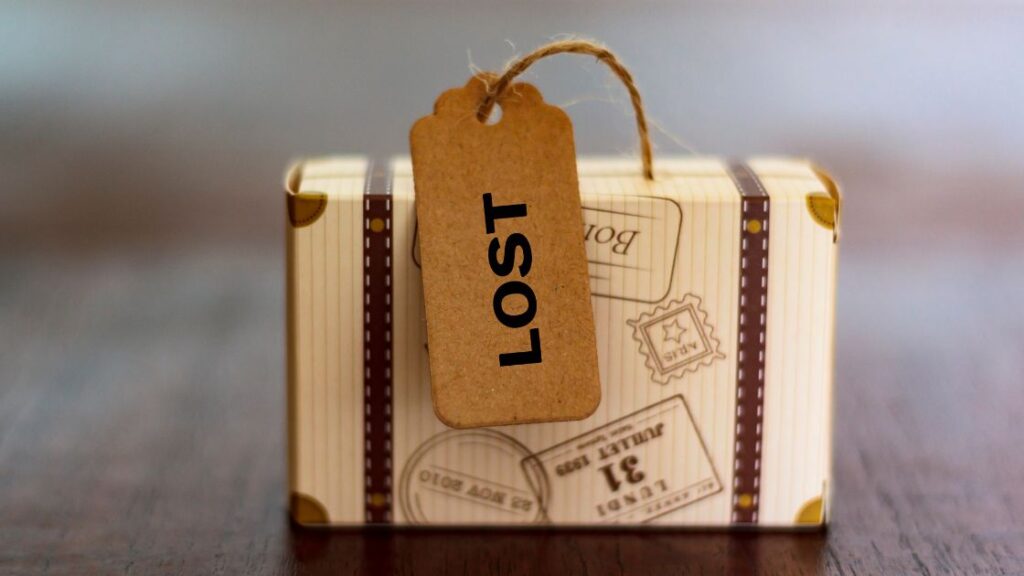The Quiet Ache of Cultural Disconnection
There’s a quiet ache that comes with feeling untethered from your cultural roots. It’s an invisible thread, frayed or broken, that once tied you to generations of stories, traditions, and meaning. Our cultural roots shape how we see the world, how we define ourselves, and how we find belonging. Yet, in today’s hyperconnected world, many feel more culturally adrift than ever before. Why does this matter? Psychologically, our cultural identity plays a key role in forming our sense of self-worth and belonging. Without it, we risk losing a vital anchor in the stormy seas of modern life. This post isn’t about diagnosing or judging—it’s about reflection. Here are five signs you might be disconnected from your cultural roots and actionable ways to begin your journey back.
You Feel Like a Cultural Orphan in Your Own Story

Do you ever feel like you’re floating through life without a sense of where you come from? This sensation of being a cultural orphan—belonging to no particular lineage—can leave you feeling adrift. For many, especially children of immigrants, this experience is all too familiar. Straddling two worlds often means feeling at home in neither. The feeling of being disconnected can erode your sense of identity and purpose. Erik Erikson’s theory of identity formation highlights how cultural continuity helps us build a stable sense of self. Without it, we may struggle to find our place in the broader narrative of life.
How to Reconnect
Start by creating a personal cultural map. Document the traditions, idioms, values, and symbols passed down in your family—or those lost along the way. Dive deeper by engaging in “ancestral interviews.” Talk to elders, listen to their stories, and document what you learn. These conversations can be transformative.
Your Life Feels Strangely Disconnected During Holidays and Rituals

Holidays should feel like a time of joy and connection, but for many, they bring an eerie emptiness. Perhaps you go through the motions—decorating, cooking, celebrating—but something feels missing. Being disconnected in this manner often stems from a lack of connection to the deeper meanings behind these rituals. The commercialization of holidays has replaced meaning with consumerism for many people. Celebrations like Christmas often become shopping events rather than moments of communal reflection. Rituals are powerful because they anchor us in time’s cyclical nature and remind us who we are.
How to Reconnect
Revive or reinvent lost traditions by researching authentic cultural practices tied to holidays. Learn the symbolism behind traditional foods, decorations, or rituals and engage with them mindfully. Even small efforts can infuse celebrations with deeper meaning.
You Have a Nagging Longing for a ‘Home’ You’ve Never Known

Do you ever feel nostalgic for a place or way of life you’ve never experienced? This longing—a bittersweet ache for an ancestral home—can be both foreign and familiar. It’s no surprise that DNA ancestry tests and heritage tourism have surged in popularity as people search for their origins. This yearning often reflects a deeper desire to integrate parts of ourselves shaped by ancestral experiences. Research on genetic memory suggests that trauma and resilience can be passed down through generations, influencing us even when we don’t consciously know our family history.
How to Reconnect
Visit places tied to your ancestry with intentionality—not as a tourist but as someone seeking meaning. Immerse yourself in the music, literature, and folklore of your ancestral culture to emotionally reconnect with its essence.
Your Native Language (or Family’s Language) Feels Foreign to You

Language is more than just words—it’s a worldview. Losing touch with your family’s native tongue can feel like losing access to an entire way of perceiving reality. The Sapir-Whorf hypothesis suggests that language shapes how we think and experience the world. For many immigrant families, this gap grows over generations: grandparents speak one language fluently while grandchildren struggle or don’t speak it at all. Disconnected linguistic common ground creates silent chasms between generations.
How to Reconnect
Start small by learning key phrases or proverbs from your ancestral language. Immerse yourself in its emotional cadence by listening to music or reading poetry before tackling fluency. Language is a bridge—each word learned brings you closer to your roots.
You Struggle to Pass Down Meaningful Traditions to the Next Generation

Perhaps you’ve noticed something slipping away—not just for yourself but for those who come after you. The traditions your grandparents cherished now feel distant or irrelevant in modern life. Being disconnected from stories and traditions risks eroding intergenerational continuity within families. Storytelling plays a crucial role here. Research shows that children who know their family history are more resilient because it gives them a sense of belonging within something larger than themselves.
How to Reconnect
Adapt old customs to fit modern life by starting new traditions that link past and present. Document family wisdom through storytelling—write down or record anecdotes that preserve oral history for future generations.
Becoming a Cultural Steward of Your Own Story
Reconnecting with your cultural roots isn’t about romanticizing the past—it’s about integrating its wisdom into your present life. Cultural identity is an evolving dialogue; embracing it is less about reaching a destination and more about embarking on a lifelong journey.Take one small step today: research a lost tradition, reach out to an elder family member, or learn one word in your ancestral language. Each action strengthens the invisible threads tying you back to your roots—threads that nourish not just your identity but also future generations.
Sources:
- Daniels et al., 2016 – Cultural Background Definition
- Rachel Yehuda’s studies on trauma inheritance
- Stanley Tambiah’s work on ritual symbolism
- Ellen Bialystok’s research on bilingualism
- Marshall Duke’s research on intergenerational self-narratives
MORE Tools for the Journey
Free Quiz

Was this article helpful? Next try taking our fun quiz “How Connected Are You to Your Cultural Roots?” At the end you’ll not only receive your “Heritage Archetype,” but you can download and print some free heritage wall art to keep you inspired and motivated on your cultural heritage journey.
My Cultural Heritage Worksheet
Want a simple way to investigate your personal cultural heritage further? Check out our downloadable and fillable PDF “My Cultural Heritage” worksheet with guided prompts for reconnecting with your cultural roots.

More Articles
Are Cultural Identity and Heritage Irrelevant in Today’s World?


